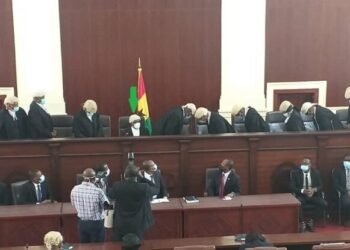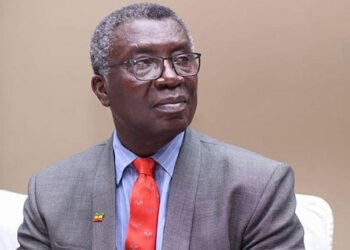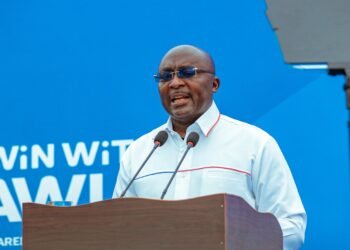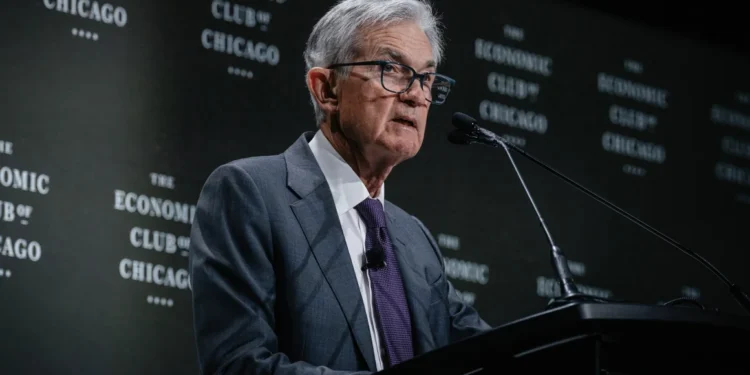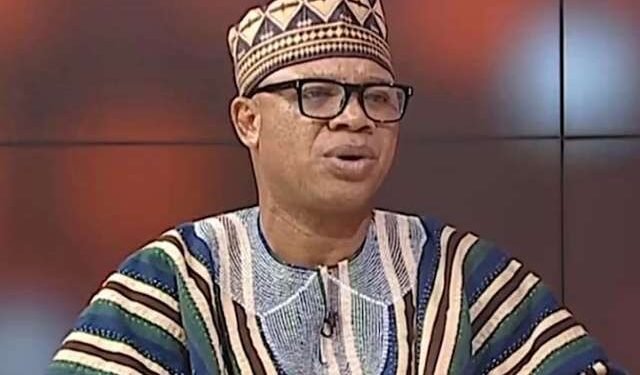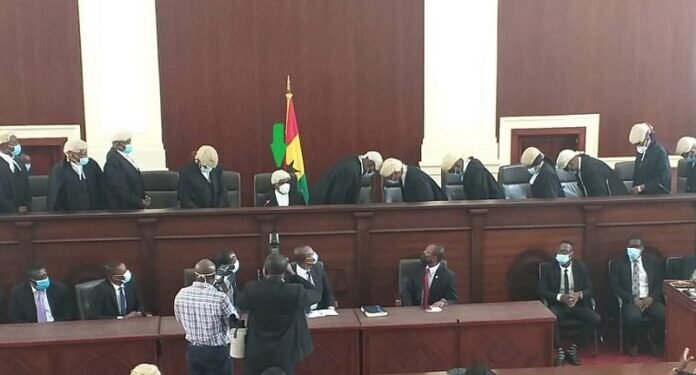As Ghana inches closer to the December 7, 2024, general elections, the political contest between the ruling New Patriotic Party (NPP) and the opposition National Democratic Congress (NDC) is heating up.
The stakes have never been higher, with pollsters, analysts, and political stakeholders offering varied predictions on the likely outcome. Notably, research conducted by Fitch Solutions, the Economic Intelligence Unit (EIU), and Global InfoAnalytics all point to a potential landslide victory for the NDC.
However, in a recent poll by a researcher at the Kumasi Technical University, Professor Smart offered a different narrative. This research positioned the NPP flagbearer, Vice President Dr Mahamudu Bawumia (DMB), ahead of the NDC flagbearer, former President John Dramani Mahama (JDM), in a tight race predicted to culminate in a runoff.
These contrasting predictions underscore the tenacity of this election cycle, as both parties grapple with a growing and decisive demographic: floating voters.
Musa Dankwah, Executive Director of Global InfoAnalytics and a seasoned pollster, in a compelling analysis, provided a critical analysis of recent polling data, highlighting the dynamics in Greater Accra, a region often seen as a bellwether in Ghanaian elections.
“Now let’s look at the party affiliations of respondents in the last opinion poll. Now look at the size of floating voters in Greater Accra and Ashanti and how the parties performed. In Greater Accra, JDM obtained 53% and DMB 39%”.
Musa Dankwah, Executive Director of Global InfoAnalytics
Surprisingly, Musa Dankwah pointed out that this outcome is not a reflection of an NDC-dominated electorate, asserting that data shows that NPP affiliates marginally outnumber NDC affiliates in the region, with 34.7% identifying with the NPP compared to 33.5% with the NDC.
According to him, former President Mahama managed to attract an additional 19.5% of votes beyond his base, while Vice President Dr Mahamudu Bawumia secured only 4.3% above his core support.
This disparity, he argued highlights the New Patriotic Patriotic Party’s flagbearer’s struggle to resonate with undecided voters, a critical factor in a region where 19% of the electorate are floating voters.

Ashanti Region: A Waning Stronghold
Moreover, the Executive Director of the Global InfoAnalytics, Musa Dankwah disclosed that the Ashanti Region, long regarded as the ruling New Patriotic Party’s electoral fortress, is showing signs of vulnerability.
“The rise in the number of floating voters in the Ashanti region could be the source of the challenge facing the NPP in the region”, Musa Dankwah stated, adding that the NPP’s reliance on its traditional base may no longer suffice in the upcoming elections.
He strongly pointed out that while Dr Bawumia enjoys strong backing from core NPP supporters, his coalition lacks the diversity needed to appeal to the growing pool of undecided voters.
According to him, this trend mirrors the national average, where floating voters make up 20% of the electorate, underscoring their decisive role in shaping electoral outcomes.
Musa Dankwah’s insights paint a sobering picture for the NPP. In regions with significant floating voter populations, such as Greater Accra and Ashanti, the data suggests that the Vice President could face an uphill battle.
His reliance on party loyalists contrasts sharply with former President Mahama’s ability to attract support from outside his base, a factor that could tilt the scales in the NDC’s favour.
Also, the rise of floating voters amplifies their influence in the upcoming elections. Historically pivotal, this demographic is now more powerful than ever, with their numbers surging in key regions.
For Vice President Dr Mahamudu Bawumia and the NPP, the challenge lies in broadening their appeal and crafting a message that resonates with undecided voters. Failure to do so could result in a significant political shift, with the NDC poised to capitalize on its momentum.
As the countdown continues, one thing is certain: floating voters will be the kingmakers, holding the power to decide Ghana’s political future. For political parties, the message is clear: winning over floating voters is no longer optional—it is essential.
READ ALSO: Africa’s Energy Paradox: Abundant Resources, Minimal Power Supply





